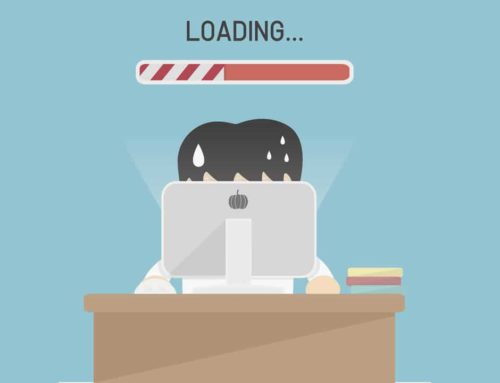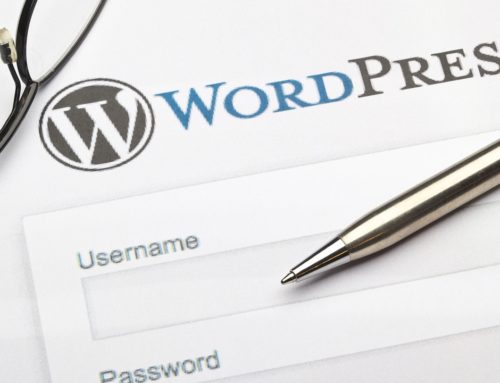That’s a complex question, but as a rule of thumb 20 is a number to be targeted, and anything above 30 is pushing your luck.
The issue is that plugins are designed to work with basic themes, without much consideration of other plugins. Different coders operate differently, and the process of coding is complex enough without taking into much consideration what others are doing. Indeed, the sheer number of available plugins really makes it impossible for plugin developers to give a lot of consideration into whether what they are designing might have compatibility issues with plugins designed by others, beyond basic best practices regarding coding.
When plugins clash with one another, they cause problems with serving up information. In some cases that may merely lead to slower serving times, which everyone wants to avoid. In other cases, they may destabilize a website altogether.
Plugins may, for example, try to serve the same functions in different ways, in which case they will be incompatible. Older plugins may be aimed at older versions of WordPress, and not work well, if at all, with newer versions, as well. Some plugins will be updated more often than others, and some may no longer be supported at all. It’s important to try to keep on top of these issues with periodic audits, or when website performance seems suddenly to drop. In that case, it would be best to try deactivating the most recent plugin you’ve installed to see whether that restores performance, or to revert to a prior version of the most recently updated plugin, to see whether that helps.
The basic rule of thumb is that the more plugins you add, the more potential there is for compatibility issues, and that potential increases exponentially. So, pare back your plugins. Make sure you don’t have plugins whose function is overlapping. Replace plugins that are no longer well supported with newer ones that receive good reviews. Nuke all plugins that are no longer in use or not liable to see use.
Automate the process of checking plugins. Plugin Detective is a plugin that can help sort out where compatibility issues may lie, potentially saving you a lot of time and effort in troubleshooting.
Perform scheduled audits of your site to see how it’s performing. Make sure to remove outdated material, check for dead links, and to review plugins. Don’t let problems persist or compound. A little maintenance now and again will save a lot of trouble down the line. You presumably perform scheduled maintenance of your car. You should do the same for your site.
But sometimes it’s best to put a fresh pair of eyes on your site to get some insight into how performance can be improved. If you want to have someone with real insight take a good look, call the folks at SunAnt. They’ll help you get your website humming along at peak performance.








